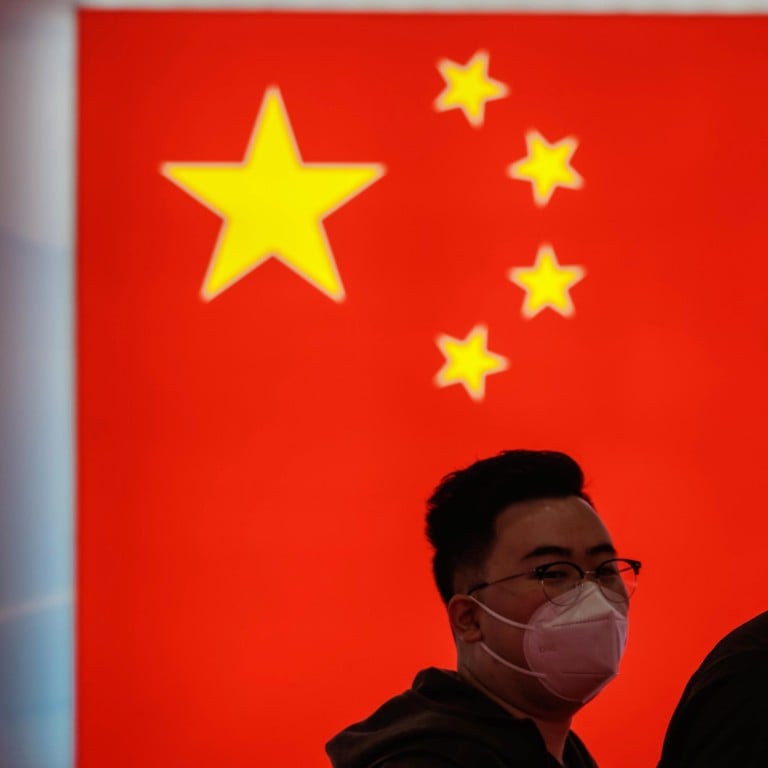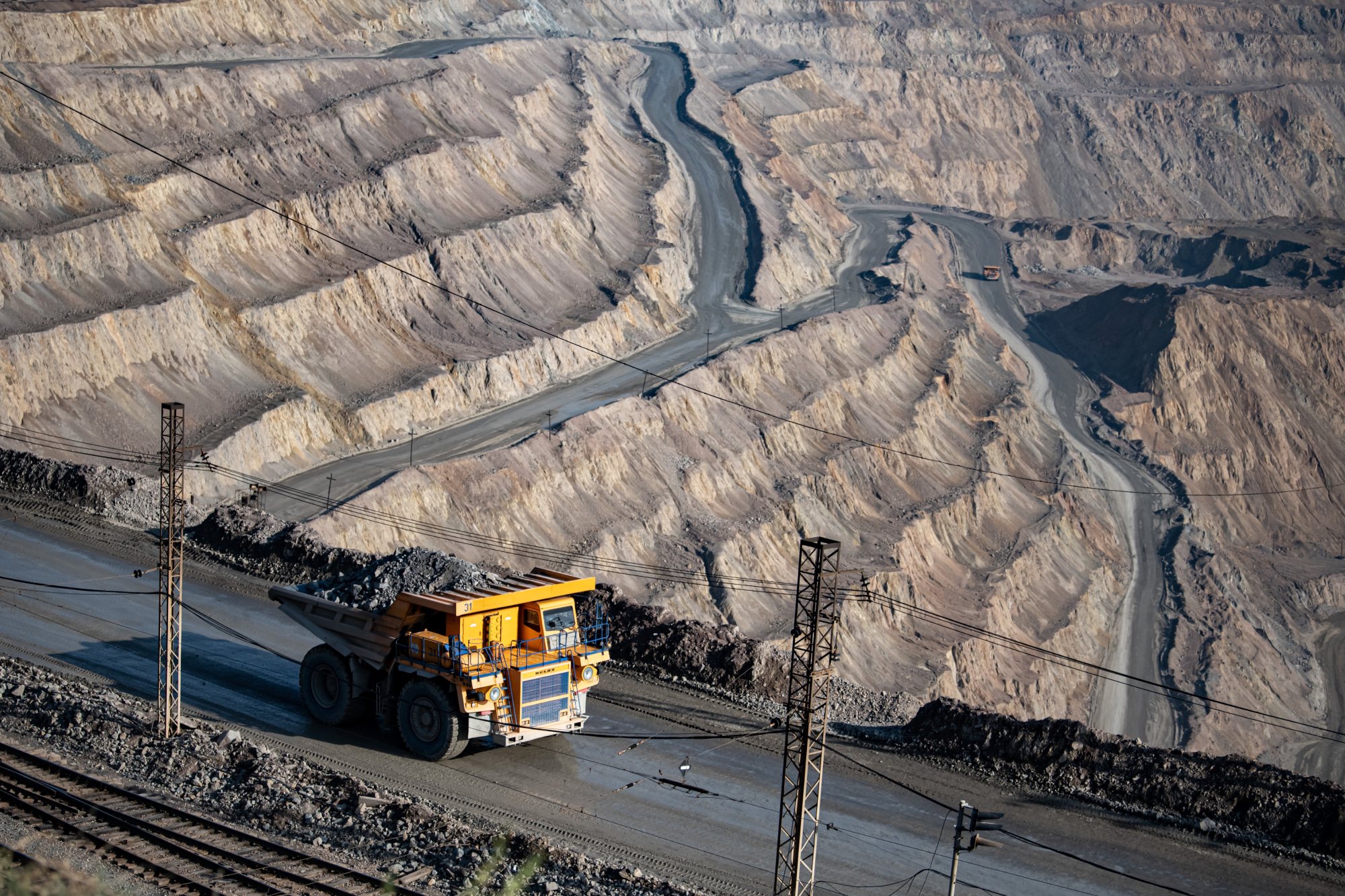
Why Chinese stocks and bonds are the safer bet for investors seeking value over the long term
- Investment strategies such as ‘buying the dip’ aren’t enough to safeguard asset value amid geopolitical upheavals
- Much better to identify winners over the long run, and China is poised to emerge on the right side of history with its focus on sustainability and common prosperity
The current generation of investors is poorly prepared. Most of them have become accustomed to an era in which making money was a matter of spotting the best financial or economic opportunities. Politicians and generals, rather than investors, took care of messy topics such as geopolitics. From the early 1990s, the US kept order with its military, economic and cultural might, subduing any challengers while making globalisation work.
Today, the US is perceived to be in decline while the credibility of Western-style democracy and the capitalist system appears to be eroding. Consider the following:
-
Social unrest has swept the world as income gaps widen, and many countries have become dangerously divided and politically unstable;
-
There is excessive money printing, with the supply of paper money in developed countries rising more than six-fold in the past 25 years;
-
Unsustainable debts, fiscal deficits and rising inflation have become common place in many parts of the world;
-
US power is being challenged by a rising China, and at the same time, a crisis has erupted over Russia’s invasion of Ukraine;
-
The US is resorting to economic warfare by weaponising trade, technology, human talent and financial assets held in US dollars;
-
The effects of climate change are becoming real.
Are we heading to next global financial crisis? All signs point that way
Investing today involves calculations that go well beyond financial transactions. The direction of markets is subject to the twists and turns of global crisis management and geopolitics. In this roller-coaster setting, many predictions about the market can turn out to be both right and wrong, in rapid succession, to everyone’s bewilderment.
A practitioner investing under FOMO risks being constantly whipsawed, meaning they will find themselves repeatedly buying high and selling low as they ride the momentum of rising and falling prices.

Furthermore, it is advisable to identify solid and durable investment themes. The idea is to focus on assets that will prove to be on the right side of history so an investor can ride out short-term fluctuations to preserve wealth during the long term, meaning periods of five to 15 years.
China’s middle class frets about the future under Xi’s ‘common prosperity’
China’s economy should recover as the government eases pandemic-related restrictions. The International Monetary Fund projects 4.4 per cent economic growth next year and 4.5 per cent in 2024, while the latest HSBC forecast is for 5.2 per cent growth in 2023.
At the same time, the Chinese military has made improvements in its ability to wage war, raising second thoughts in the minds of potential opponents as any conflict would be destructive for both sides.
Cheah Cheng Hye is the head of Value Partners Group, an asset management firm in Hong Kong


